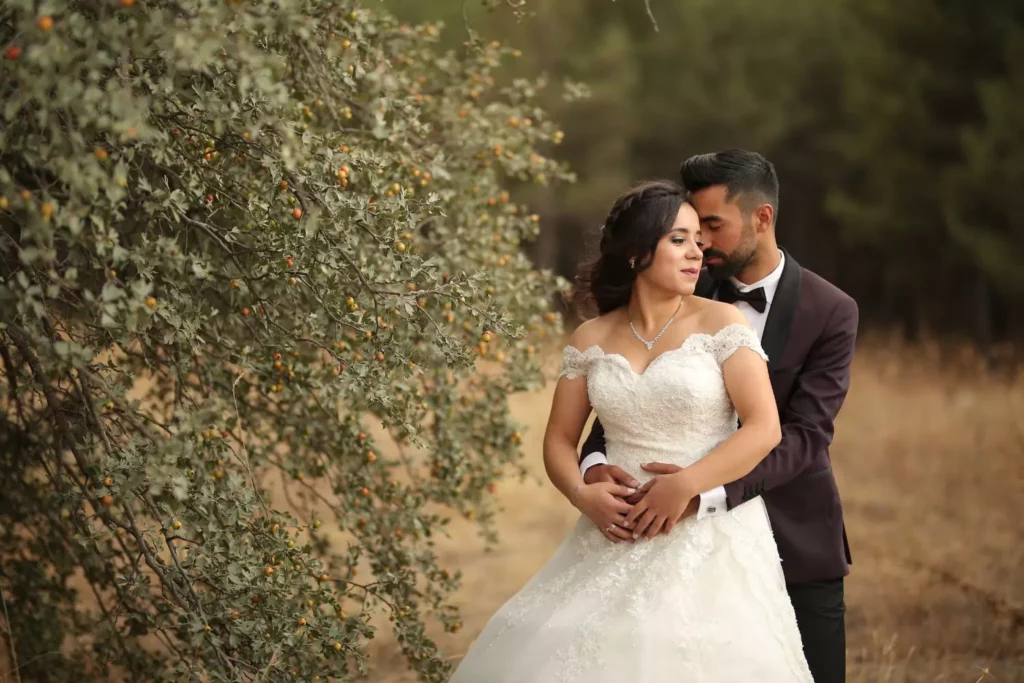Is virginity worth saving for marriage? Or might doing so increase the likelihood of a bad match if two people discover that they’re sexually incompatible?
Those are the questions asked by Jessica Ciencin Henriquez in her salon.com article “My Virginity Mistake.” In it, she describes how she was encouraged as a teen at a Baptist youth camp to preserve her virginity until marriage. By her own admission, she wasn’t sure she bought the message. But her infatuation for the accompanying purity ring, combined with fears about sex, helped her keep her pledge until she married at age 20. She writes:
“I didn’t buy into a word of it. Jesus as my husband: Were they kidding? But that ring! Silver and engraved with entwined hearts — everyone I knew was wearing one and I’d finally been given the opportunity to get my hands on it. … After an intense and very detailed sex talk with my mother , where she stuttered and I blushed and we both used the word ‘flower,’ I was terrified of sex. That and the slide show in sex ed didn’t help one bit. So I scribbled Jesus + Jess on my Bible cover, and I casually mentioned my virginity in daily conversations. I committed to the idea hoping it would ensure a successful marriage. Instead, it led to my divorce.”
Almost immediately after tying the knot, Henriquez realized that she was disinterested in sex with her new husband — in part because of the way he objectified her during the act. She then makes a big logical leap, suggesting that if only they’d slept together before they got married, she’d have known he wasn’t the one.
“Had we had sex before our relationship transitioned into a contract, I would have known that there was no passion, no spark, nothing happening between our bodies. I would never have agreed to marry him because sex is a significant part of a relationship and therefore a significant part of our relationship was failing.”
It’s hard to know where, exactly, to begin with the argument Henriquez is making here. But I think there are several fundamentally flawed presuppositions at work.
First is the presupposition — and it’s a huge one — that your premarital sexual “test drive” will correlate directly with your experience in marriage. The assumption here is that if you have good sex before marriage, you’ll experience similarly smoldering post-altar passion. Next comes the idea that a marriage in which sex is less than volcanic is somehow not worth preserving. Finally, there’s the overlapping implication that the only way to solve a sexual problem in marriage is to get a divorce and try again with someone you’ve got better “chemistry” with.
I’m going to focus on the first argument, the idea that pre-marital sexual experience is an accurate predictor of what to expect once the rings are on.
Henriquez assumes that an unsatisfying sexual experience early on means that a couple is doomed to what we sometimes hear described in these sorts of articles as “sexual incompatibility.” If sex is “bad” or disappointing at first, as it was for her, she suggests throwing in the towel because this area is just too important to experience dissatisfaction in. In this, Henriquez didn’t exhibit much, if any, willingness to work on this area with her new husband, to grow, to communicate and to possibly have moved to a better place.
On the other hand, for some couples the newness and passion of sex early on makes those first moments of discovery almost intoxicating, a feeling that they assume will last forever. But when those initial flames begin to cool a bit, they can assume that they’ve lost something, that something’s gone wrong, that they’re no longer as “sexually compatible” as they once were.
Either way, it’s critical to remember that a couple’s early sexual experiences together aren’t necessarily an accurate indicator of where things will be a year or 10 or 20 down the road. That’s because it’s simply impossible to know ahead of time how various factors and experiences that come into play in a marriage will affect your sex life. Many couples, perhaps most, have to navigate new realities after having children, for instance. From kids in beds, to demanding schedules to changes in bodies, the sexual experience after marriage often changes, too.
In addition, the passage of time influences both men’s and women’s sexual appetites — sometimes in different directions. At times, you might be wildly in synch with each other sexually. Other times, not so much. When the latter situation occurs, good, honest conversation is the key to moving forward into deeper intimacy. But that requires time, tenderness and security to cultivate an environment in which both partners feel safe to talk about where they may be struggling. That kind of vulnerability simply isn’t cultivated overnight.
I write this from the perspective of someone who’s been married almost a decade and who has three children, as one who has walked through the ups and downs and in betweens on this subject with my wife. Sometimes I’m still surprised how complex this issue can be and how much we’re still learning about each other — and about really loving each other well — almost a decade in. But I can honestly say that my understanding of marital intimacy in its totality continues to grow. And we’ve had many older couples tell us that they didn’t experience their deepest and most satisfying sexual intimacy until 20 years or more into marriage.
The promise of marital oneness, then, is not one of ongoing nuclear chemistry that starts out hot and then just gets even hotter. Rather, it’s knowing that there’s a safe place to love and experience one another throughout our lives together, throughout the peaks and valleys that virtually every couple eventually walks through.
Copyright 2013 Adam Holz. All rights reserved.












